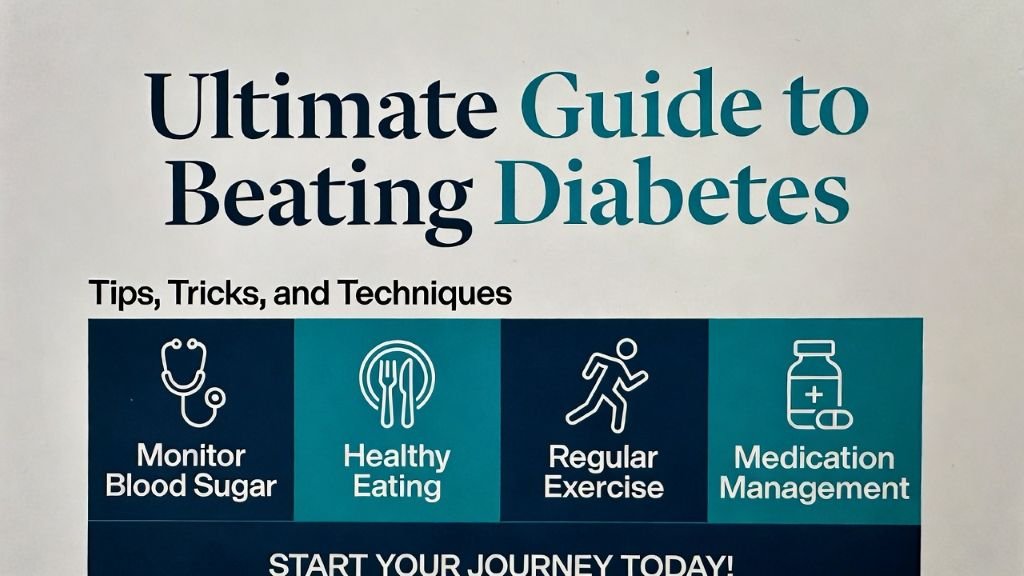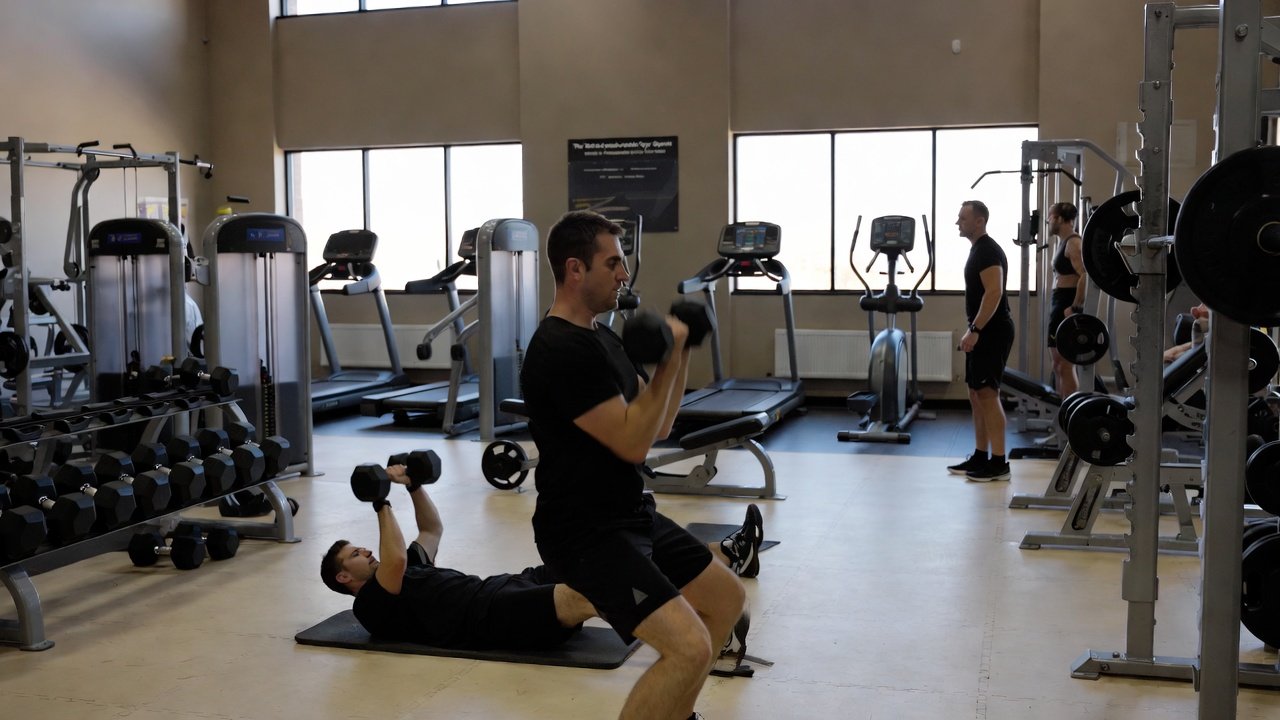Warmer weather and longer evenings entice us to think about a vacation in the sun away from the stresses of work and routine at home. Before setting off, it could be beneficial to prepare and support your immune and digestive systems to reduce the chance of being ill on vacation.
Stress: Putting both emotional and physical stress on the body can increase the stress hormones in the body, which may lead to suppressing the immune system,1 and leaving you more open to catching infections. Emotional stress may arise from the pressures of preparing for a vacation, such as tying up loose ends at work and home, or the anxiety of traveling may increase your feelings of stress. Physical stresses such as over-exercising or excessive dieting before a vacation can also increase stress hormones and therefore reduce immune reactions.
Lack of sleep: While on vacation, many will experience a reduction in sleep from late nights and alcohol, as well as time differences, this can further reduce the immune system’s ability to cope with the added risks of infections.2
Gut flora and vacation health: Gut disturbances while on vacation is fairly common. In a study in 2010 among 2800 foreign travelers, 34% had travelers’ diarrhea.3 Most cases are caused by consuming contaminated drinking water, liquid, or food. Especially when vacationing abroad, local strains of bacteria will be new to the body and therefore, may cause some gut disturbance compared to those microbes we are familiar with at home.4 Our susceptibility to picking up different bacteria increases when we are in crowds, especially while traveling on planes, where the air is being circulated.
How gut flora benefits and protects your immune system: It is estimated that 70% of our immune system is located in the gut. The cells along our digestive tract make up our first line of defense against pathogenic bacteria that enter the body through the foods and drink we consume. The beneficial bacteria in our gut help to protect and support our immune system by inhibiting pathogenic bacteria and strengthening the intestinal barrier.5 McFarland in 2007 reviewing twelve studies concluded that probiotics may offer a safe and effective method to prevent travelers’ diarrhea.7 Another study recommends the use of live bacteria for both prevention and management of the symptoms of travelers’ diarrhea.6
Please contact us with any questions or comments.
References:
1 Nezi M, Mastorakos G, Mouslech Z. Corticotropin Releasing Hormone And The Immune/Inflammatory Response. 2015; published online July 30. http://www.ncbi.nlm.nih.gov/books/NBK279017/ (accessed March 21, 2016).
2 Ali T, Choe J, Awab A, Wagener TL, Orr WC. Sleep, immunity and inflammation in gastrointestinal disorders. World J Gastroenterol 2013; 19: 9231–9.
3 Pitzurra R, Steffen R, Tschopp A, Mutsch M. Diarrhoea in a large prospective cohort of European travelers to resource-limited destinations. BMC Infect Dis 2010; 10: 231.
4 Cartwright P. 2011. Probiotic Allies. How to Maximise the Health Benefits of your Microflora. Prentice Publishing, Ilford. pp65-66
5 Tejero-Sariñena S, Barlow J, Costabile A, Gibson GR, Rowland I. In vitro evaluation of the antimicrobial activity of a range of probiotics against pathogens: evidence for the effects of organic acids. Anaerobe 2012; 18: 530–8.
6 Hilton E, Kolakowski P, Singer C, Smith M. Efficacy of Lactobacillus GG as a Diarrheal Preventive in Travelers. J Travel Med 1997; 4: 41–3.
7 McFarland L V. Meta-analysis of probiotics for the prevention of traveler’s diarrhea. Travel Med Infect Dis 2007; 5: 97–105.
Please review our business at: Google Yelp Facebook
If you’d like to learn more, please visit our Member’s Area to access our subscribed content.
Did you know you can work out and exercise with a trainer at your home, office, hotel room, or anywhere in the world with online personal training?
Like us on Facebook/Connect with us on LinkedIn/Follow us on Twitter







